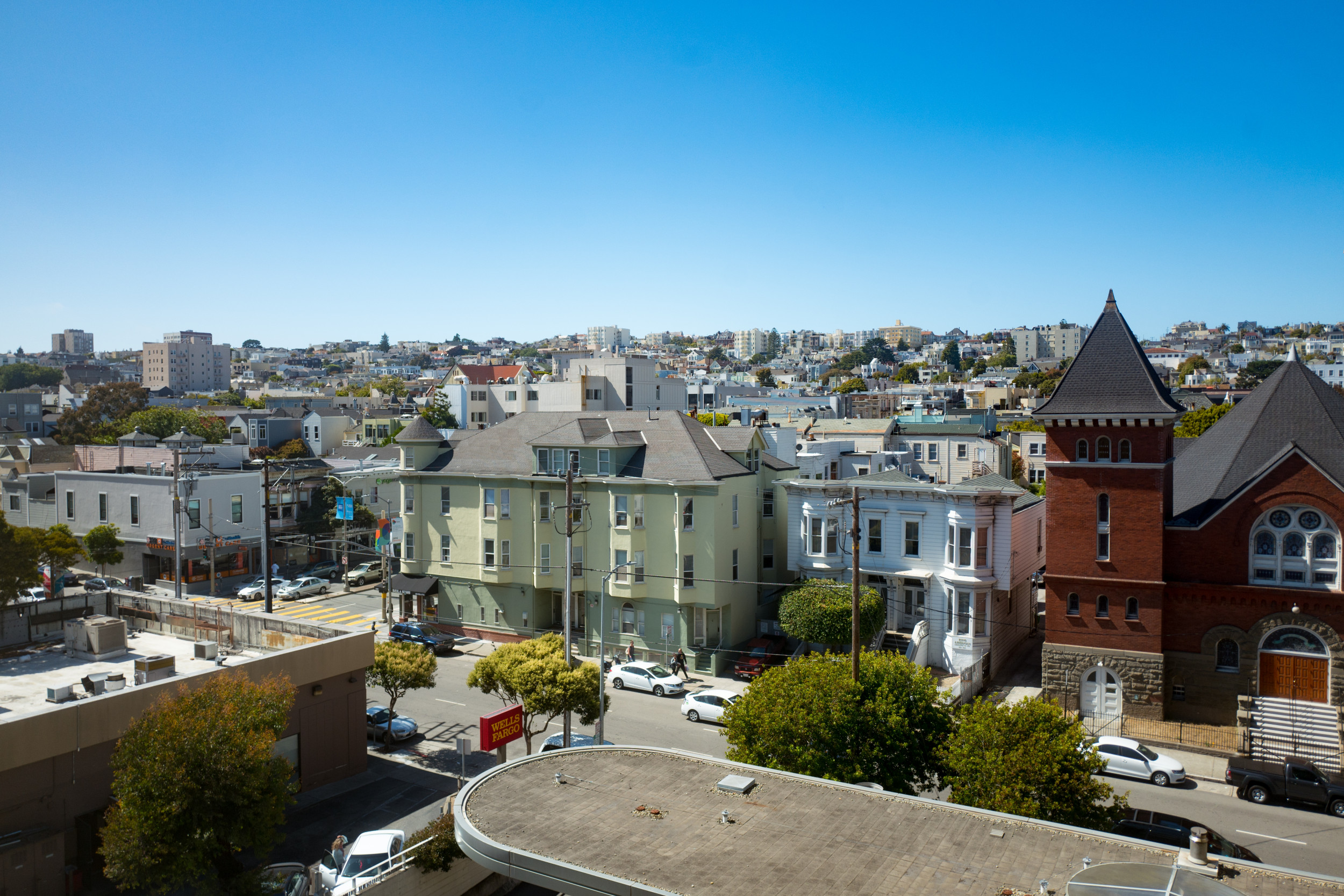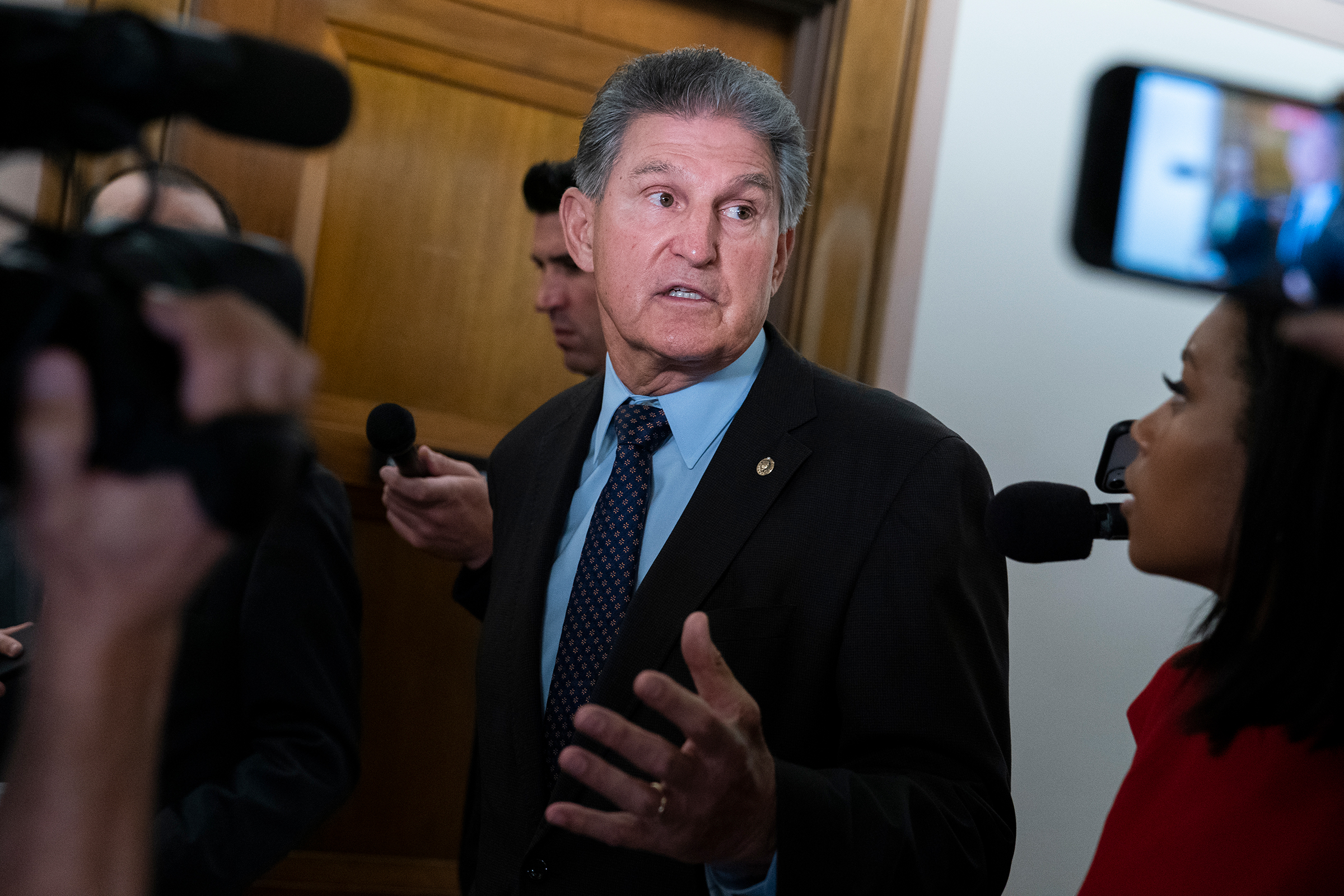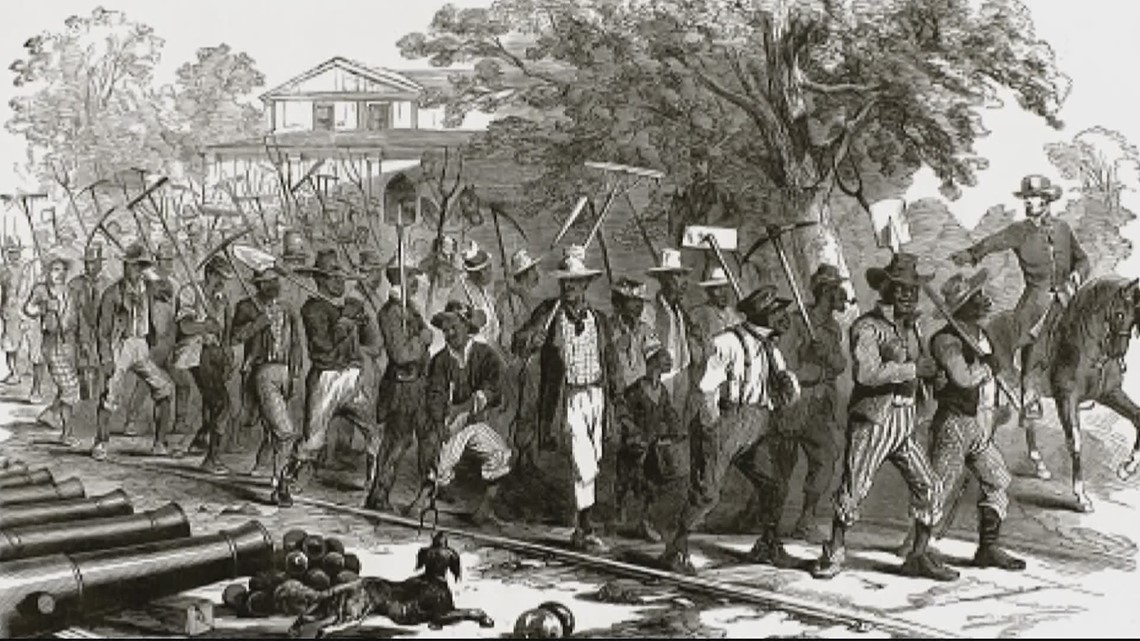Not sure we'd really know what we're dealing with. West Virginia is an interestingly complicated state.... even from its inception as a state that separated from the Confederacy
to join the Union as a new state during the US Civil War. Virginia had joined the Confederacy in 1861 and West Virginia became a state aligned with the Union in 1863.
Not that that has kept West Virginia from beiing tagged by some as "the most northern southern state and the most southern northern state"ever since that time. Its politics, economy, general demographics, religious affiliation etc. are all over the map in a lot of ways even if they are largely white and largely self-described Christians.
A sizeable percentage of that state's Christian Protestants is not affiliated with any major denomination, and so their members don't even get counted when pollsters get down to their hairsplitting of the "religious right" in regions of the USA... yet W.VA is pegged as perhaps the 7th most religious state in the country, Around 18% of their Protestants belong to independent churches. Did they vote for Trump? Probably. What do they think of him, or of the antics of Jerry Falwell Jr.? We're not sure because pollsters are relying on asking the big denominations like Presbyterians and Methodists and Baptists.
So... pinning down their politics is like trying to figure out how many coal miners are still up for the union and how many figure the union's day is past and they long for some authoritarian figure -- yeah, like Trump, you betcha-- to just "bring the jobs back" despite the implication that if they really did came back, they'd be largely stripped over time of the hard-won benefits that the long fights to organize mining workers had gained. We don't know a lot about that breakout of the West Virginia electorate either. We know they want jobs. We're not sure what sort of qualifications they'd lay on "give us jobs" now in the wake of the pandemic and the stimulus programs and the shifting sands there as states start trying to rein in unemployment benefits.
In this reframing of "work" itself in the USA as a result of necessities during the pandemic, there is definitely recognition that finishing broadband deployment to underserved areas is essential and makes working from places with lower costs of living more feasible. And the days of citizens blithely allowing stuff like separation of land ownership from mineral rights is, well... yeah, over.
Now West Virginians want brownfield cleanups and they may well look askance at Trump-era deregulaton of coal waste tipping.... and they sure don't expect to pay for cleanups out of income taxes because that money is not there. Most of all they want a piece of Biden's rescue plan, invewstment in their communities, to make up for the fact that the coal magnates didn't exactly get all philanthropic with their profits over lo these many decades.
With the right federal response, it could become a model of renewal for other places around the country that prosperity has left behind.

www.nytimes.com
Of course that was back in February... and so now one wonders if Manchin imagines he can punish the Democrats by ditching his bluedog ways on votes that lend power back to the Republican Party.... and if he can still expect largesse for his state --and to his credit-taking in a future election?-- to flow out from Washington DC. The Democrats are rather looking to capitalize on their 2020 White House and Senate wins and to expand their appeal to the electorate in 2022.
Manchin is going the other way... and he may not be thinking realistically of the West Virginia electorate's needs. Maybe it's going to be up to more pragmatic less hyperpartisan (and local) movers and shakers in West Virginia communities to remind people what's at stake for them in Biden's proposals.





